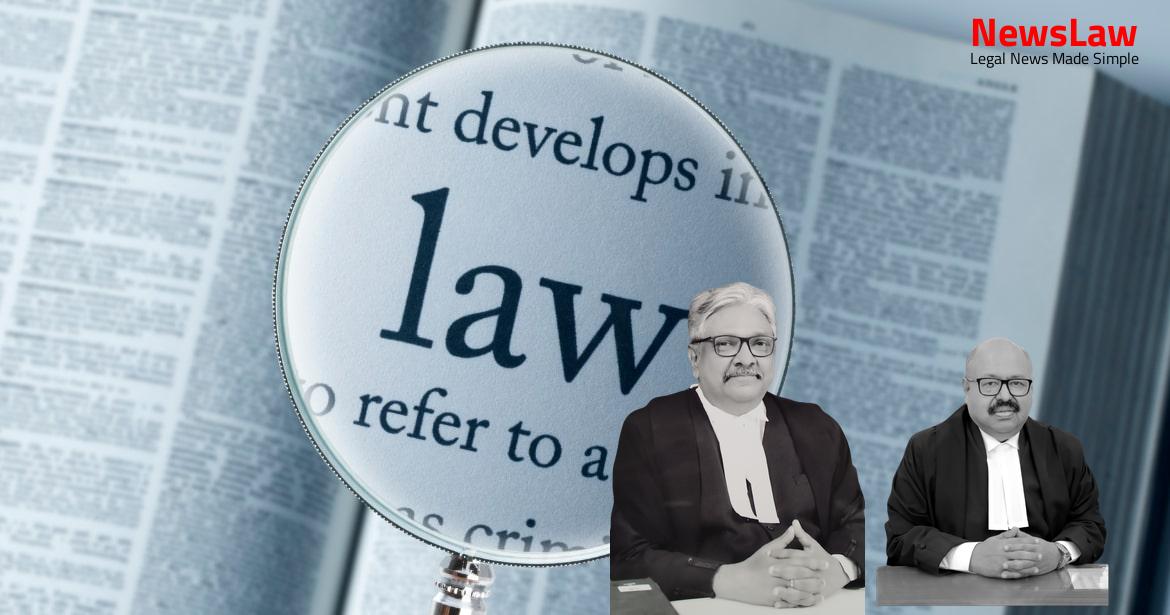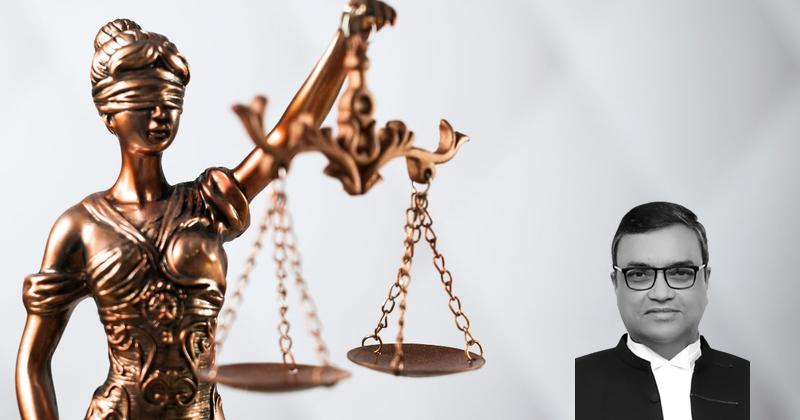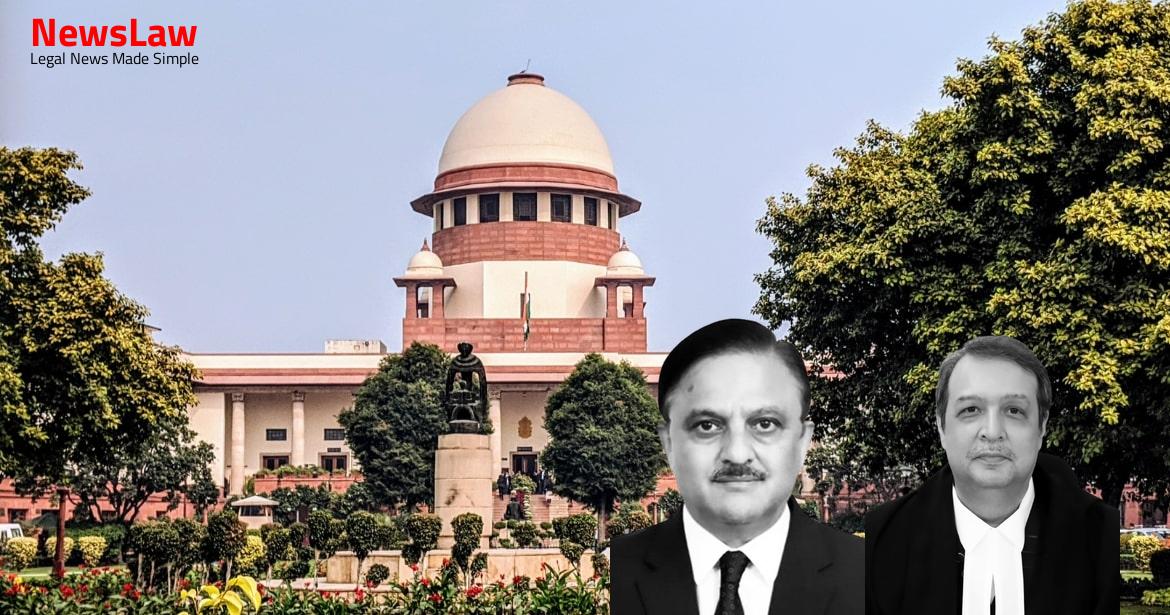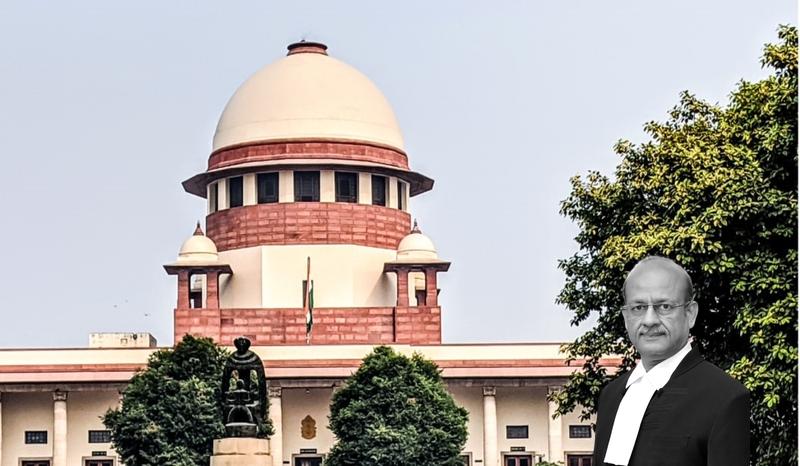Explore the detailed legal analysis by the High Court regarding the recruitment criteria for Junior Scale Officers in a recent case. The judgment delves into the Rule interpretations and the implications on the selection process, shedding light on the authority of the commission, the requirements for minimum marks, and the adherence to established Rules. This case highlights the importance of following legal procedures in recruitment processes to ensure fairness and transparency.
Facts
- The decision by Respondent No. 1-Commission not recommending the Petitioners for the post of Junior Scale Officer was deemed illegal as it was based solely on not securing minimum qualifying marks in the oral interview.
- The criteria of 65% minimum qualifying marks for the interview introduced by Respondent No. 1-Commission was quashed and set aside.
- An RTI application was made to inquire why the results were not published, revealing that only four candidates were found qualified with a cutoff mark of 26.
- The reason for not recommending the Petitioners to the Respondent-State was solely not obtaining the minimum qualifying marks in the oral interview as per the decision made on 16 May 2017.
- A fresh advertisement was issued on 21.07.2017 for 10 posts of Junior Scale Officer of Goa Civil Services.
- Respondent Nos. 1 to 3 filed a writ petition highlighting irregularities and also approached the Chairman of the appellant and the Chief Secretary.
- Results were declared for Mr. Vivek Krishna Naik but not for Respondent Nos. 1 to 3.
- High Court has allowed the writ petition
- The order given in point 24 of the judgment
Also Read: Legal Analysis of Assignment and Ratification in Property Law
Arguments
- The petitioner argues that the Public Service Commission has the power to set a high bar for recruitment to ensure the best candidates are selected.
- Reference is made to the Constitution Article 320 which mandates the Commission’s role in recruitment.
- Cases such as Durgacharan Misra’s case and P. K. Ramachandra Iyer’s case are cited to support the argument that the current case can be decided without a larger bench.
- The argument revolves around the Commission’s authority to conduct examinations and interviews as per Article 320(1).
- Counsel draws attention to various judgments including State of Punjab v. Manjit Singh and MP Public Service Commission v. Navnit Kumar Potdar.
- Counter-affidavit in the High Court emphasizes the mandatory requirement of proficiency in Konkani language, not met by respondent No. 3.
- The argument is further supported by the comparison of rules in question with those in P.K. Ramachandra Iyer’s case.
- The appellant contends that in the special leave petition, no ground was taken that respondent No. 3 was not qualified on the said score.
- Allowing such a contention at this stage would cause grave miscarriage of justice for respondent No. 3.
- The appellant has not specifically denied the right of respondent No. 3 to be placed in the select list based on the score and essential qualifications.
- The production of the Selection Board proceedings may not suffice as it does not show a specific contention denying respondent No. 3’s right to be included based on qualifications.
Also Read: Interpretation of Custody in Contempt of Court Case
Analysis
- The High Court analyzed the matter based on a conspectus of the Rules.
- The Rules do not provide for a separate minimum for the interview.
- The decision to fix a minimum of 26 marks out of 40 as a cut-off for the interview was taken by the Commission before the interview.
- The ASRB’s imposition of a requirement for minimum marks in the viva voce test was not authorized by the Rules and had a significant impact on the merit list preparation.
- The merit list prepared in contravention of the Rules cannot be upheld.
- There is no record of respondent No. 3 being disqualified for not meeting the essential qualification.
- The select list must be arranged in the order of merit based on marks obtained at the written examination and oral interview, as per the Rules.
- Prescribing a minimum for viva voce test went against Rule 14 as it was not within the ASRB’s authority.
- The ASRB cannot impose additional requirements beyond what the Rules stipulate for selection.
- The Rules did not specify a minimum for the interview, and the ASRB’s decision to add it was not supported by the Rules.
- The ASRB cannot deviate from the Rules in determining selection criteria.
- The marks obtained in the viva voce test should be added to the written examination marks, as per the Rules.
- The judgment did not indicate the appellant’s attempt to challenge the decision on the minimum viva voce marks before the High Court.
- Oral interviews conducted by the Commission shall be under CCTV surveillance or videography.
- The proceedings of the oral interviews shall be videorecorded and stored as a permanent record.
- Rule 12 specifies the list of successful candidates for the Competitive Examination conducted by the Commission.
- The Competitive Examination for direct recruitment must be conducted in the manner notified by the Government.
- Rule 10 outlines the procedures for the Competitive Examination for direct recruitment.
- Rule 13 of the 1977 Rules states that candidates must obtain minimum marks in the written examination to be summoned for viva voce.
- The Board arranges candidates in order of merit in each category based on aggregate marks for recommendation for appointment.
- In the case of Manjit Singh and Others, it was clarified that obtaining minimum marks at the viva voce test is not required, but only at the written test to be eligible for the viva voce test.
- Rule 12 mandates the Commission to forward the select list to the Government.
- The relief sought in the writ petition includes mandamus to prepare a Select List and quash the Advertisement No. 7/2017.
- The High Court had granted relief in favor of the respondents.
- The respondents are justified in being recommended for appointment.
- The appellant cannot raise the issue of the respondents not being entitled to recommendation.
- Appointments will be subject to the outcome of the special leave petition.
Also Read: NGT Jurisdiction and High Courts’ Role
Decision
- The appeal is dismissed without any orders as to costs.
- Appellant is directed to forward the list in terms of the directions by the High Court within four weeks from today.
- Respondent No. 4 instructed to take a decision on the matter in accordance with law within a further period of six weeks from the date of receipt of the list from the appellant.
Case Title: GOA PUBLIC SERVICE COMMISSION Vs. PANKAJ RANE (2022 INSC 399)
Case Number: C.A. No.-002779-002779 / 2022



